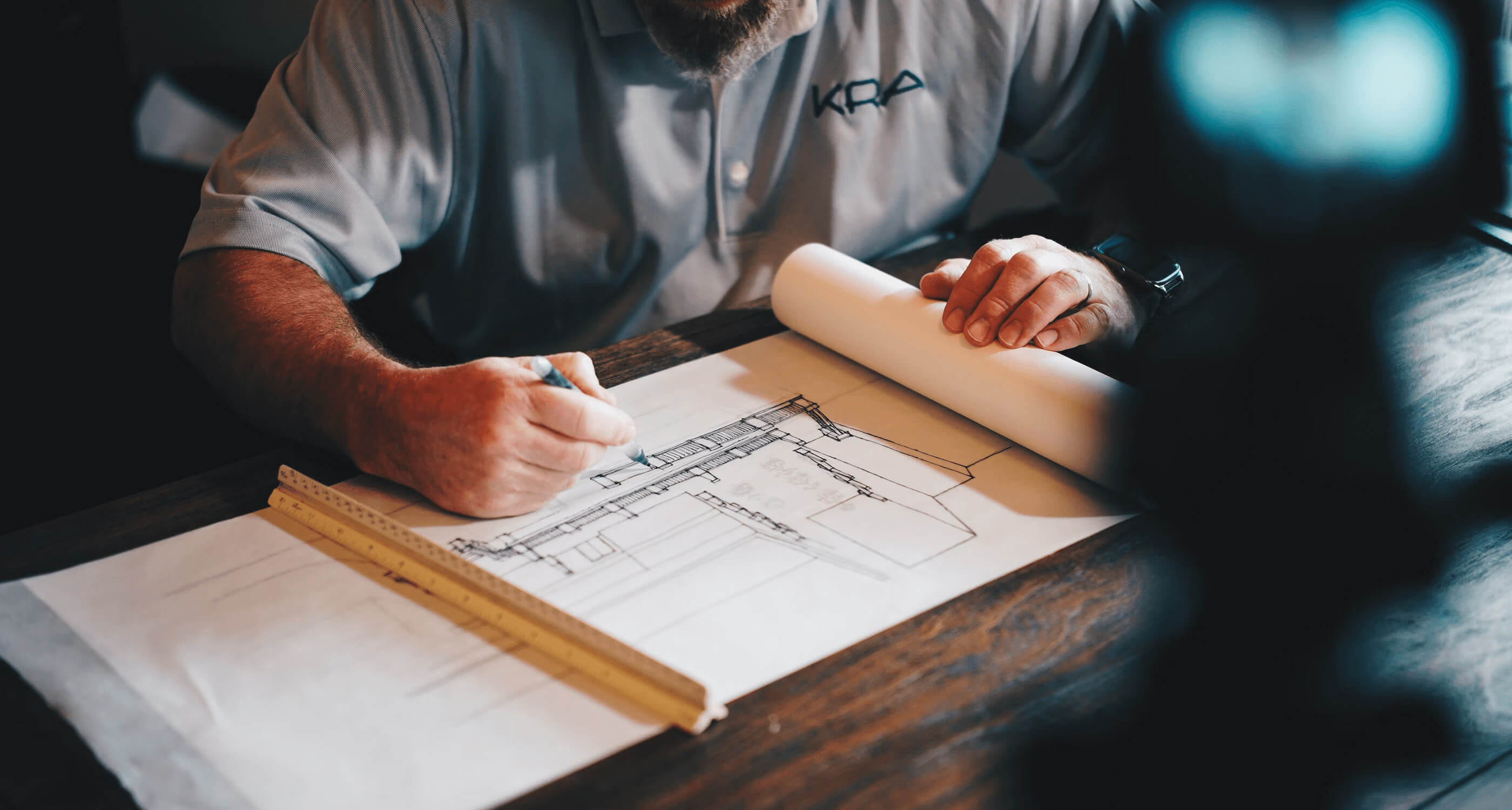Industrial Architects in the UK: Shaping the Backbone of Modern Industry
Explore how industrial architects transform industrial spaces in the UK and how Architects Near Me connects you with the experts to bring your vision to life.
Introduction
Industrial architecture is a cornerstone of the UK’s built environment, underpinning everything from logistics hubs to manufacturing facilities. Whether you’re planning a cutting-edge warehouse, a state-of-the-art factory, or breathing new life into a historic industrial building, industrial architects play a vital role in designing spaces that are functional, sustainable, and future-proof.
Architects Near Me is the UK’s leading architecture directory, trusted by millions to connect clients with local experts. Whether you’re seeking industrial architects, warehouse architects, or factory architects, our platform simplifies the process of finding professionals who deliver results.
Historical Evolution of Industrial Architecture in the UK
The UK’s industrial architecture owes much to the Industrial Revolution, a period that transformed not only the economy but also the built environment. Innovations in materials like steel and concrete allowed for larger spans and more robust structures, while architectural designs prioritised efficiency and durability.
Notable examples include:
- The Bass Maltings, Sleaford: A testament to industrial ingenuity, this complex demonstrates the functional beauty of early industrial architecture.
- Victorian Warehouses and Mills: These buildings were designed to maximise storage and production capacity while embodying the architectural aesthetics of their era.
Preserving and repurposing these structures today showcases their lasting value and adaptability.
Contemporary Industrial Architecture
Modern industrial architecture focuses on creating environments that support advanced operations, enhance productivity, and minimise environmental impact. Industrial architects, warehouse architects, and factory architects bring a blend of creativity and technical expertise to every project, ensuring spaces meet the unique demands of their industries.
Key features of contemporary industrial architecture include:
- Technology Integration: Incorporating automation, robotics, and IoT systems to optimise operations.
- Sustainability: Emphasising energy efficiency, renewable energy sources, and eco-friendly materials.
- Scalability and Flexibility: Designing spaces that can adapt to changing operational needs.
These principles ensure industrial spaces are ready to meet both current requirements and future challenges.
Adaptive Reuse of Industrial Buildings
The UK’s rich industrial heritage offers opportunities to repurpose old structures for modern uses. Adaptive reuse, also known as retrofitting, is a growing trend, transforming disused warehouses and factories into vibrant spaces like offices, apartments, or cultural centres.
Case studies of successful projects include:
- The Renault Centre, Swindon: An iconic example of adaptive reuse that preserved industrial character while introducing modern functionality.
- Converted Victorian Mills: Many have been transformed into residential and commercial hubs, blending history with contemporary design.
Repurposing industrial buildings not only preserves architectural heritage but also promotes sustainability by reducing the need for new construction.
The Role of Industrial Architects in the UK
Industrial architects bring a wealth of expertise to every project, whether designing a new facility or repurposing an old one. Their services include:
- Conceptual Design and Planning: Developing designs that optimise workflows and align with business goals.
- Navigating Planning Regulations: Securing permissions and ensuring compliance with UK planning laws.
- Building Regulation Compliance: Addressing critical areas such as fire safety (Part B), accessibility (Part M), and energy efficiency (Part L).
- Project Management: Coordinating with contractors and stakeholders to ensure timely, cost-effective delivery.
Collaborating with local industrial architects ensures a tailored approach that meets regional requirements and market demands.
Future Trends in UK Industrial Architecture
The evolution of industrial architecture is shaped by emerging technologies and changing industry needs. Key trends include:
- Smart Warehouses and Factories: Incorporating AI and IoT to enhance efficiency and operational control.
- Sustainability Goals: Meeting stricter environmental regulations through innovative design and construction techniques.
- Hybrid Industrial Spaces: Combining traditional manufacturing or storage with office and retail components to create multi-functional spaces.
Industrial architects are at the forefront of these innovations, designing facilities that are both forward-thinking and adaptable.
How to Choose the Right Industrial Architect
Selecting the right professional is essential for the success of your project. Here’s how to find the best fit:
- Review Portfolios: Look for experience with industrial projects that align with your requirements.
- Check Credentials: Look for memberships with professional bodies like Royal Institute of British Architects (RIBA) and Architects Registration Board (ARB).
- Assess Local Expertise: Choose architects familiar with regional planning policies and industrial trends.
- Use Architects Near Me: Simplify your search by connecting with trusted industrial, warehouse, and factory architects who meet your criteria.
With the right architect, your project will be in capable hands, from design to completion.
Conclusion
Industrial architecture plays a crucial role in supporting the UK’s economy, shaping spaces that enable innovation, production, and sustainability. Whether you’re building a new factory, optimising a warehouse, or repurposing an iconic industrial building, industrial architects bring the expertise needed to deliver exceptional results.
Architects Near Me connects you with the UK’s top industrial, warehouse, and factory architects, making it easy to find professionals who understand your vision. Start your project today and build a space that drives success.





